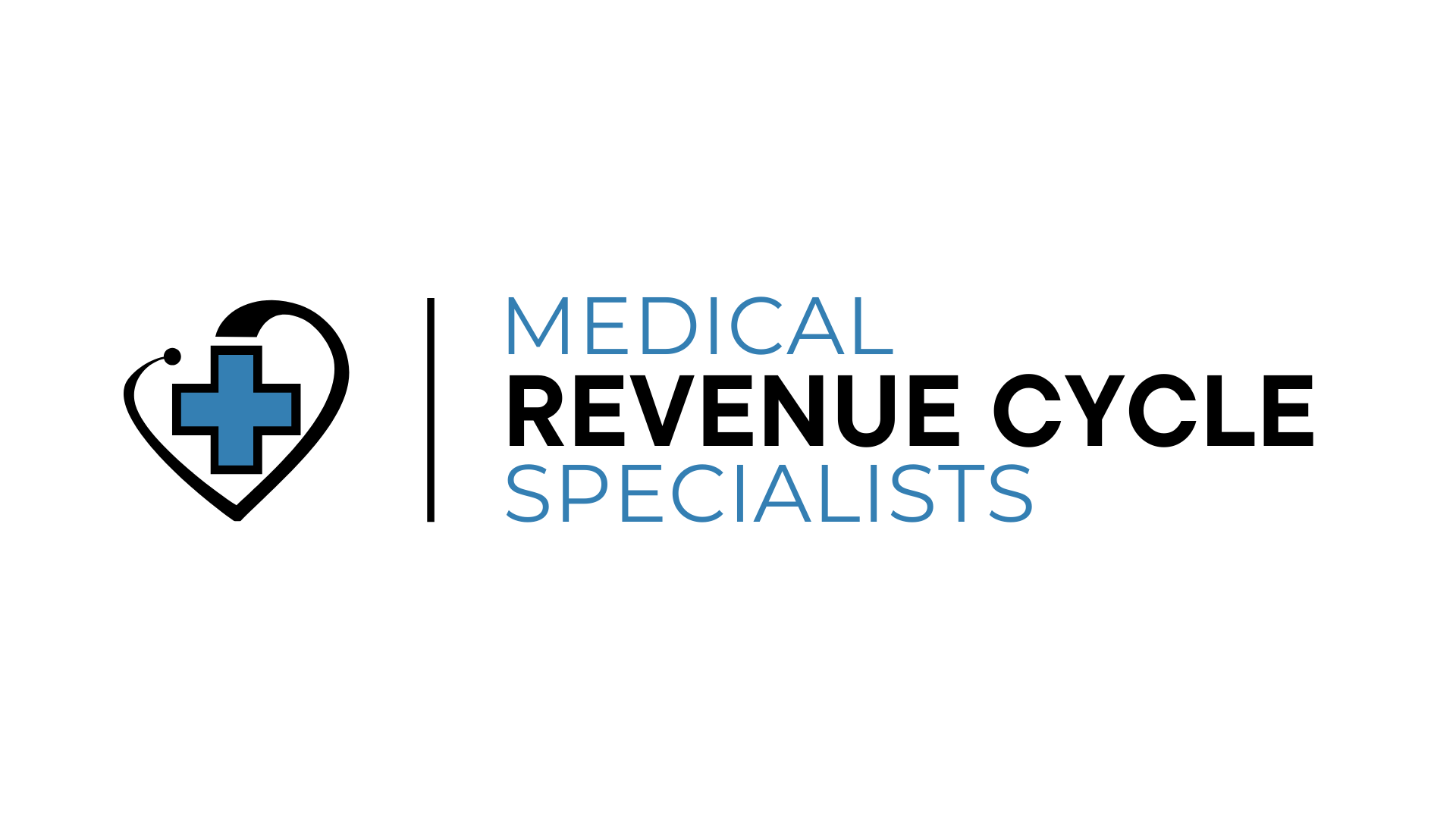
Medical Revenue Cycle Management (RCM) is the process of managing the financial aspects of healthcare delivery. It encompasses all administrative and clinical functions that contribute to capturing, managing, and collecting patient service revenue. Medical RCM aims to optimize revenue and reduce costs through efficient and effective management of the healthcare revenue cycle.
In healthcare, providers have to deal with various tasks, such as registering patients, verifying their insurance, submitting claims, and collecting payments. Revenue Cycle Management refers to coordinating these tasks and ensuring that the provider is reimbursed in a timely and accurate manner for the services provided. The revenue cycle is the process that begins when a patient schedules an appointment and ends when the provider receives payment for services rendered.
Medical RCM is critical for the financial stability, revenue integrity, workforce improvement, and overall success of healthcare providers. By managing the revenue cycle effectively and implementing software innovations, providers can maximize revenue, reduce operating costs, and improve cash flow. A well-managed revenue cycle can also improve patient satisfaction and ensure that healthcare providers can continue offering their patients high-quality care.
Effective Medical RCM involves several key components, including patient registration, charge capture, coding and documentation, claims submission, denial management, and payment collection. Each of these components is essential to ensure the accuracy and completeness of the revenue cycle.
Patient registration involves gathering patient information, verifying insurance eligibility, and ensuring patients understand their financial responsibilities. Charge capture involves accurately capturing and recording the services provided to patients. Coding and documentation include ensuring that all services offered are correctly coded and documented to support billing and reimbursement.
Claims submission involves submitting claims to payers promptly and accurately while denial management addresses and resolves any issues that may cause a claim to be denied. Payment collection involves collecting payments from patients and payers promptly and accurately.
In summary, Medical Revenue Cycle Management is a critical component of healthcare administration that ensures healthcare providers' financial stability and success. By effectively managing the revenue cycle, healthcare providers can maximize revenue, reduce costs, and improve patient care quality.

コメント